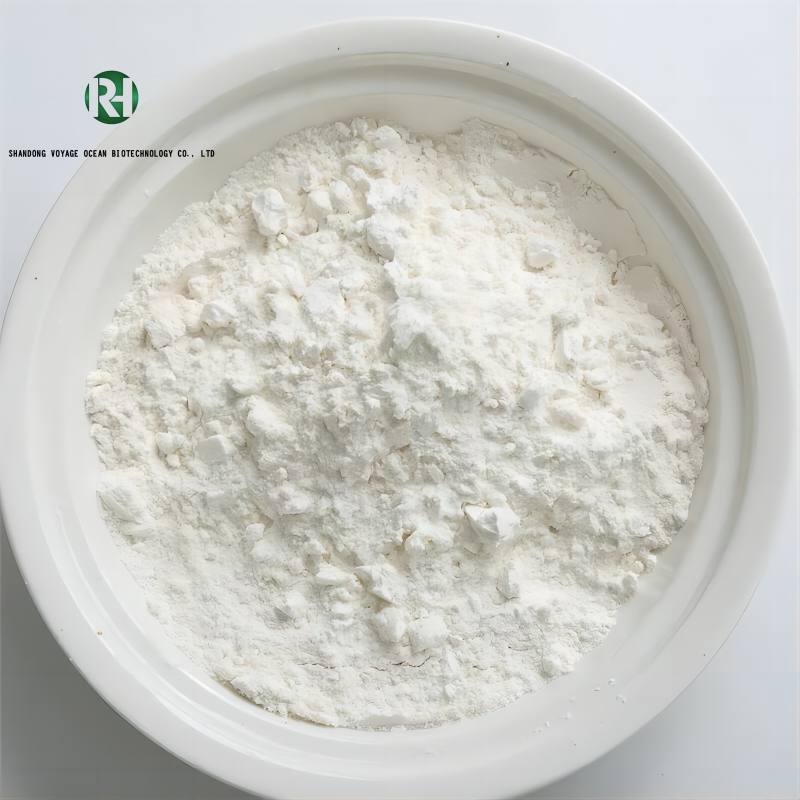Cell . . . Lymphoma-driven mutations lead to the production of diseased autoantibodies.
-
Last Update: 2020-07-22
-
Source: Internet
-
Author: User
Search more information of high quality chemicals, good prices and reliable suppliers, visit
www.echemi.com
Katherina pathogenic autoantibodies cause many autoimmune diseases, but it is not clear how these autoantibodies evade immune checkpoints.for a long time, it has been widely accepted that autoimmune diseases have many similar characteristics with lymphoid carcinoma.previous studies in mice have found that after B cells with self reaction "evade" the cell apoptosis checkpoint, due to the mutation of CARD11 gene, these B cells that are specially targeted for themselves differentiate into plasma cells, and they will accumulate in human B-cell lymphomas.however, since it is difficult to detect the production of autoantibodies in normal cells, it is difficult to say whether lymphoma driven somatic mutations lead to autoimmune diseases.and even if there are autoantibodies, it is difficult to explain why originally "harmless" antibodies can lead to autoimmune diseases.recently, the research team of Christopher C. Goodnow and Joanne h. reed from Garvan Institute of medicine in Australia published an article entitled lymphama driver mutations in the pathological evolution of an icon human autoantibody on cell.through single cell multi omics analysis, the team confirmed that a small number of cells can produce pathogenic autoantibodies.by comparing DNA and RNA sequencing, the authors found that the mutations of lymphoma driving genes related to B cell differentiation and V (d) J rearrangement mainly existed in abnormal B cells which could produce pathogenic autoantibodies.these gene mutations make the originally "harmless" antibodies transform into insoluble aggregates and become antibodies that attack themselves.the team believes that there is a widespread autoantibody rheumatoid factor (RF) in patients with mixed (type II) cryoglobulinemic vasculitis.they analyzed the nucleic acid sequences of pathogenic RF antibodies in four patients, and found that four pathogenic antibodies related to variable region mutation were further detected by temperature shift spectrophotometer, and the mutations would cause them to become insoluble aggregates at a temperature below 30 ℃, leading to the occurrence of many autoimmune diseases and neurodegenerative diseases.after sorting a large number of abnormal B cells and memory B cells that produce autoantibodies, the exons of 153 lymphoma driving genes were targeted and sequenced. These driving mutations were found repeatedly in lymphoid carcinoma and leukemia.through single cell DNA sequencing analysis, lymphoma driven mutation gene can cause abnormal B cells to produce more autoantibodies, leading to the occurrence of pathogenic cryoglobulinemia vasculitis.mutations of klhl6 gene were found in the secondary lymph nodes of B cells in two patients.after comparing klhl6 gene mutation in abnormal cells of one SS2 patient with normal B cells in 2011 and 2013, the researchers found that klhl6 gene mutation in abnormal cells may lead to the mutation of V (d) J rearrangement related genes, resulting in the production of pathogenic antibodies.for further verification, they hybridized to produce a klhl6 mutant mouse model similar to SS2.similarly, they sequenced the single cell V (d) J exon of swhel and found that B cells with klhl6 gene mutation produced more antibody mutations. but only about 5% of normal B cells produce single V (d) J mutations, and 27% of memory B cells with klhl6 mutation will aggregate 1-7 V (d) J mutations. it can be seen that klhl6 mutation in memory B cells of human and mouse will greatly increase the occurrence of antibody V (d) J rearrangement mutation. this research provides a unique research perspective for the study of the occurrence and development of early lymphoma, so as to analyze the autoimmune cells by using single cell and multi group analysis, so as to reveal the causes of more autoimmune diseases and the occurrence and development related to lymphoma, so as to be applied in the clinical targeted treatment of lymphoma. original link:
This article is an English version of an article which is originally in the Chinese language on echemi.com and is provided for information purposes only.
This website makes no representation or warranty of any kind, either expressed or implied, as to the accuracy, completeness ownership or reliability of
the article or any translations thereof. If you have any concerns or complaints relating to the article, please send an email, providing a detailed
description of the concern or complaint, to
service@echemi.com. A staff member will contact you within 5 working days. Once verified, infringing content
will be removed immediately.







